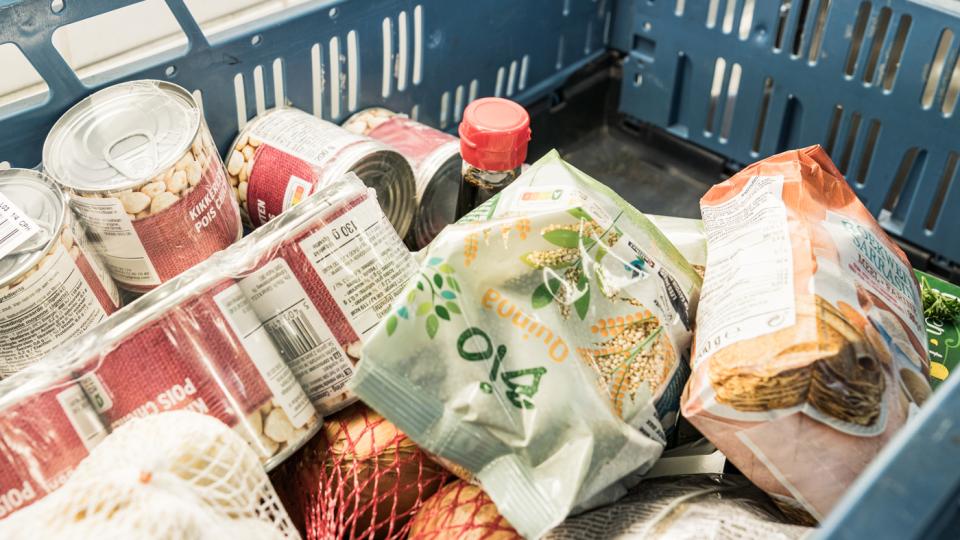
Brussels, February 4th, 2025 – A new report assessing the Belgian companies’ commitments on population and practices to obesity prevention, population nutrition, and environmental sustainability reveals significant gaps in corporate responsibility. The study, conducted as part of the FEAST project and led by researchers at Sciensano, assessed the policies and practices of 33 major Belgian food companies across four key sectors: packaged food manufacturers, non-alcoholic beverage manufacturers, supermarkets, and quick service restaurants.
The assessment utilized the Business Impact Assessment (BIA) on Obesity and Population Nutrition (BIA-Obesity) and the Business Impact Assessment on Environmental Sustainability (BIA-Sustainability) to evaluate company transparency, commitment specificity, and comprehensiveness.
Key Findings
- Weak Commitments on Obesity Prevention: Many companies lack strong policies to improve access to healthier foods or restrict the marketing of unhealthy products, particularly to children.
- Gaps in Sustainability Practices: While some companies demonstrated leadership in corporate sustainability strategies and emissions reduction, major deficiencies exist in packaging, biodiversity protection, and reduction of animal-based products.
- Supermarkets Perform Best on Nutrition Strategies: The supermarket sector scored highest in corporate nutrition strategies, while quick-service restaurants and beverage manufacturers showed limited transparency and commitment to nutrition reformulation.
- Limited Support for Nutri-Score: While some food manufacturers and supermarkets implement front-of-pack labeling, only a handful support mandatory Nutri-Score adoption across Europe.
- Minimal Industry Support for Fiscal Policies: Few companies openly endorse government measures such as taxes on unhealthy products or subsidies for healthy foods to improve dietary choices.
Leading and Lagging Companies
Some companies set best-practice examples by implementing concrete policies for nutrition labeling, product reformulation, and responsible marketing. Others, however, had no public commitments to reducing unhealthy food marketing to children or improving the nutritional profile of their product portfolios.
The assessment also found inconsistencies in transparency, with several companies failing to disclose political donations or funding relationships with external organizations. This lack of accountability raises concerns about potential industry influence on public health policies.
Policy Recommendations for Improvement
To address these shortcomings, the report calls on food industry leaders, policymakers, and stakeholders to take action by:
- Strengthening commitments to product reformulation and transparency.
- Increasing accountability by publicly reporting on progress.
- Supporting government-led fiscal policies that make healthy food choices more affordable.
- Implementing Nutri-Score labeling across all products and advocating for its mandatory adoption.
- Eliminating child-targeted marketing for unhealthy products.
The Business Impact Assessments were developed by the International Network for Food and Obesity / Non-communicable Diseases Research, Monitoring and Action Support (INFORMAS) to map companies’ commitments and policies as they relate to the food environment. These Belgium Business Impact Assessments were conducted in Ireland as part of the Horizon Europe project: Food systems that support transitions to healthy and sustainable diets (FEAST).
Full report available on Zenodo and the sector summary for supermarkets can be found here.
Sara Dastoum
Sciensano
sara.dastoum@sciensano.be
Dr. Stefanie Vandevijvere
Sciensano
stefanie.vandevijvere@sciensano.be


